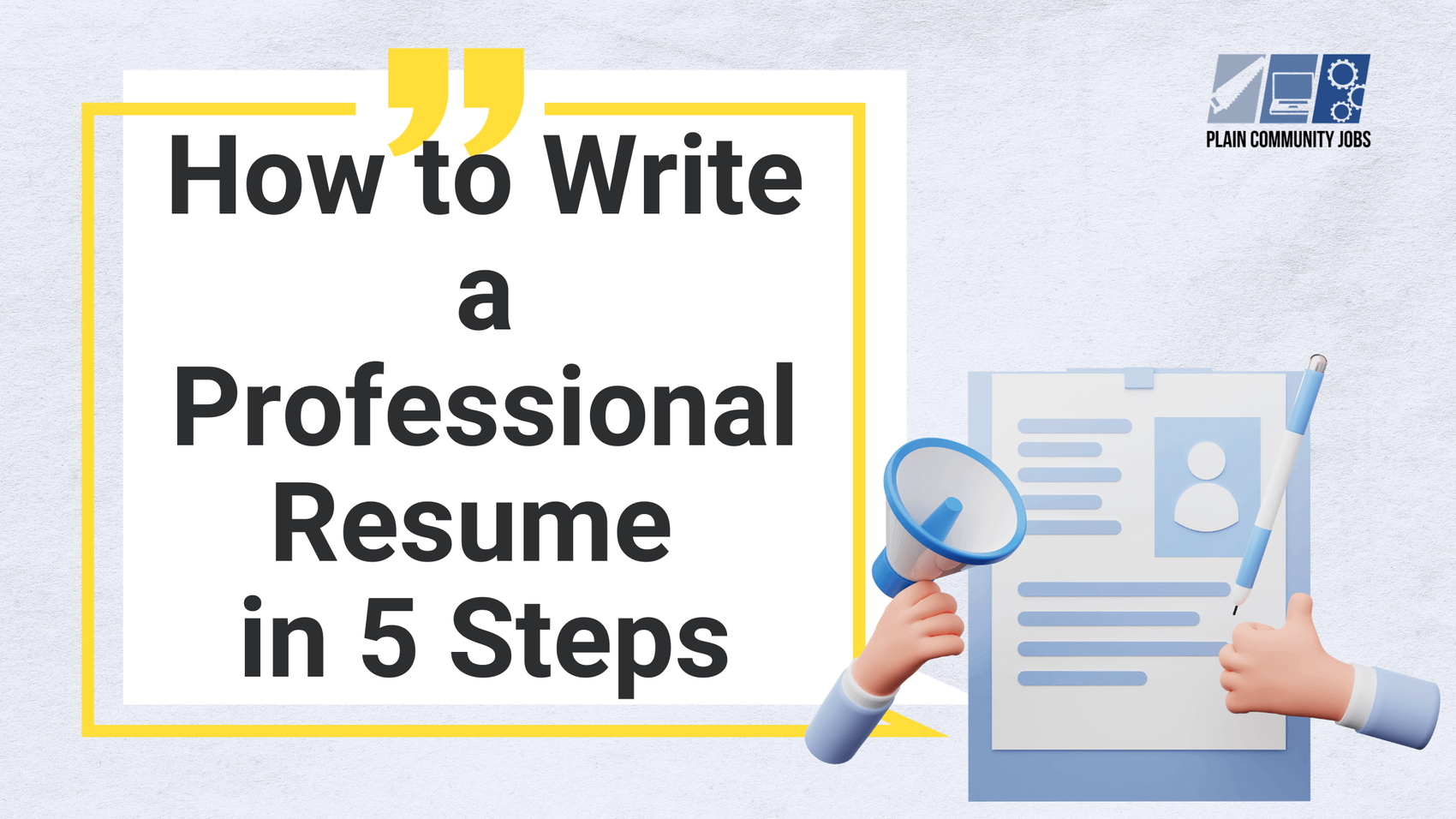 You’re setting out on a job hunt. You’ve got a list of prospective employers and a freshly dry-cleaned suit. Here are five steps to writing a job resume that will make employers choose you!
You’re setting out on a job hunt. You’ve got a list of prospective employers and a freshly dry-cleaned suit. Here are five steps to writing a job resume that will make employers choose you!
Begin With a Pro Format
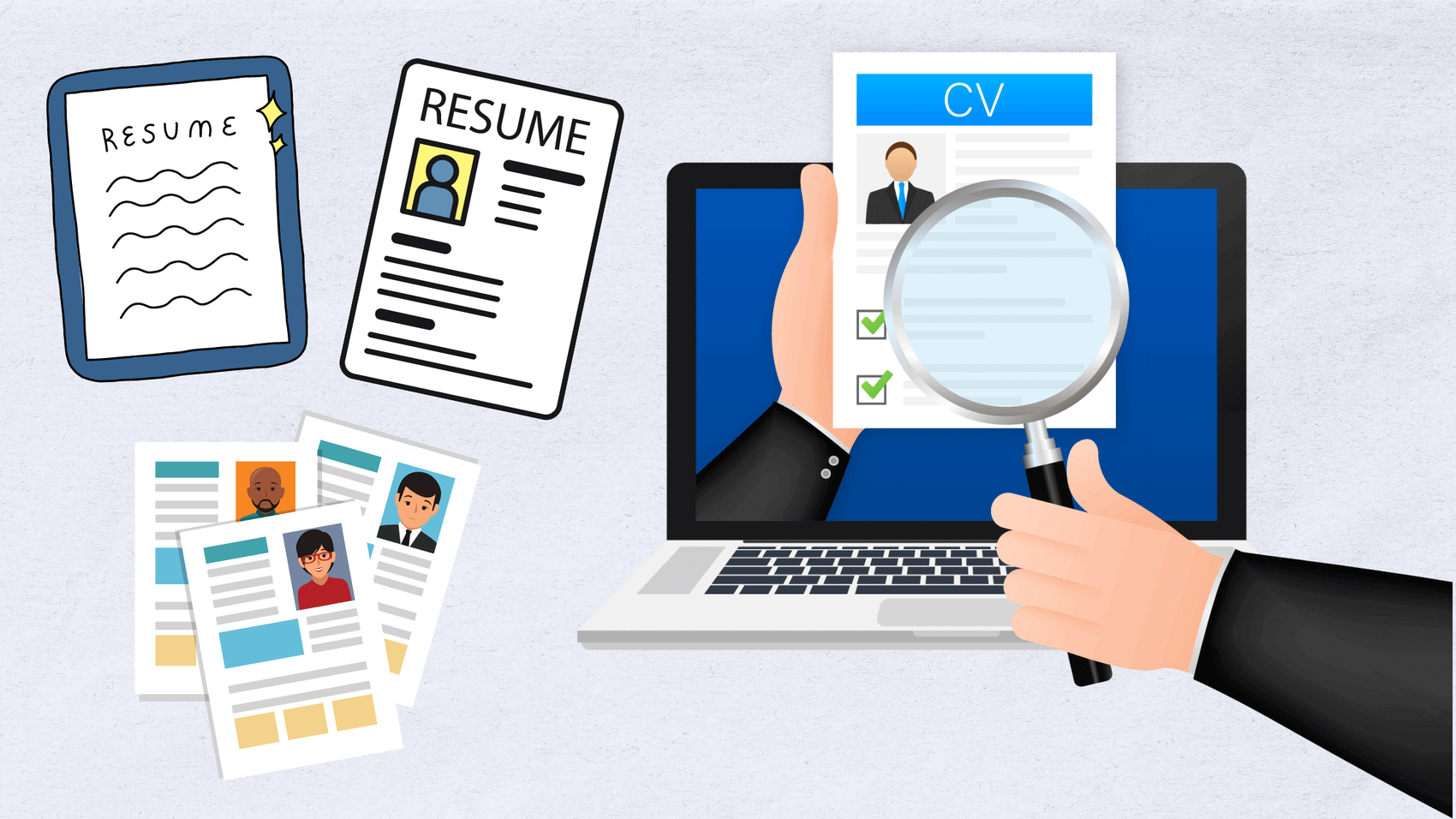
First impressions are built in less than a minute. Especially if you’re submitting your resume virtually, making a solid first impression is vital!
Start by downloading a resume template to help you organize your qualifications into a sleek, easy-to-read document. Resume templates are accessible online for free. Type ‘resume template’ into your search bar and browse the options available. When you find a template you like, just click on each subject line and start typing whatever information belongs in that field! It’s super easy!
If you prefer to work offline, you can copy and paste free online template wording into a word document such as Google Docs or Microsoft Word. Additionally, you can access resume templates via apps and certain word document programs.
State Your Qualifications Clearly
 You’ve chosen a professional template. Now it’s time to describe your skills and talents. Use a list format rather than storylines. Employers don’t want to read a novel about your life, but they do want to understand what you are good at. Be sure your resume includes both hard (trade-related) skills and soft (relational) skills.
You’ve chosen a professional template. Now it’s time to describe your skills and talents. Use a list format rather than storylines. Employers don’t want to read a novel about your life, but they do want to understand what you are good at. Be sure your resume includes both hard (trade-related) skills and soft (relational) skills.
Here’s an example of how to list your skills and talents:
- You could simply state, ‘Dairy Farm Hand,’ as a previous job you’ve held. Only farmers will take notice of this qualification.
- However, you could describe your experience this way: 'Dairy Farm Hand: herd management, milking, scheduling, sanitation. scheduled herd vaccinations and breeding and coordinated the scheduling of milking staff. supervised and carried out onsite sanitation requirements. displayed reliable adherence to a demanding schedule.’ This style of explanation interests a much wider variety of employers. Management, scheduling, sanitation, and adherence to a strict schedule are key ingredients of many employment opportunities!
For each previous employment you list on your resume, try to include a soft skill that the job taught you. Soft skills are great qualifications to list on your resume because interpersonal skills are needed in every job field. Some valuable soft skills are problem-solving, attention to detail, communication, personal relationships, and leadership—but there are dozens more!
If you have hobbies that translate well to the job for which you’re applying, be sure to list these under the ‘skills’ segment of your resume. For example, if you are applying for your first tech job, list your existing tech skills, accomplishments, and the software you’re familiar with.
Be Honest.
 Clarity about your scope of experience will build trust with prospective employers. If you can carry out a 15-minute discussion in Spanish, it’s probably worth listing Spanish as a language you speak. However, if you only speak one hundred words, then Spanish does not belong on your resume. Use a high bar to measure your level of honesty. If you find yourself being intentionally vague about a skill on your resume, ask yourself, “Am I trying to disguise reality?”
Clarity about your scope of experience will build trust with prospective employers. If you can carry out a 15-minute discussion in Spanish, it’s probably worth listing Spanish as a language you speak. However, if you only speak one hundred words, then Spanish does not belong on your resume. Use a high bar to measure your level of honesty. If you find yourself being intentionally vague about a skill on your resume, ask yourself, “Am I trying to disguise reality?”
Clearly state what you’re great at. Don’t try to hide what you don’t know. Employers love clarity. Everyone wants to know what they are getting before they get it!
Value Your Reader's Time
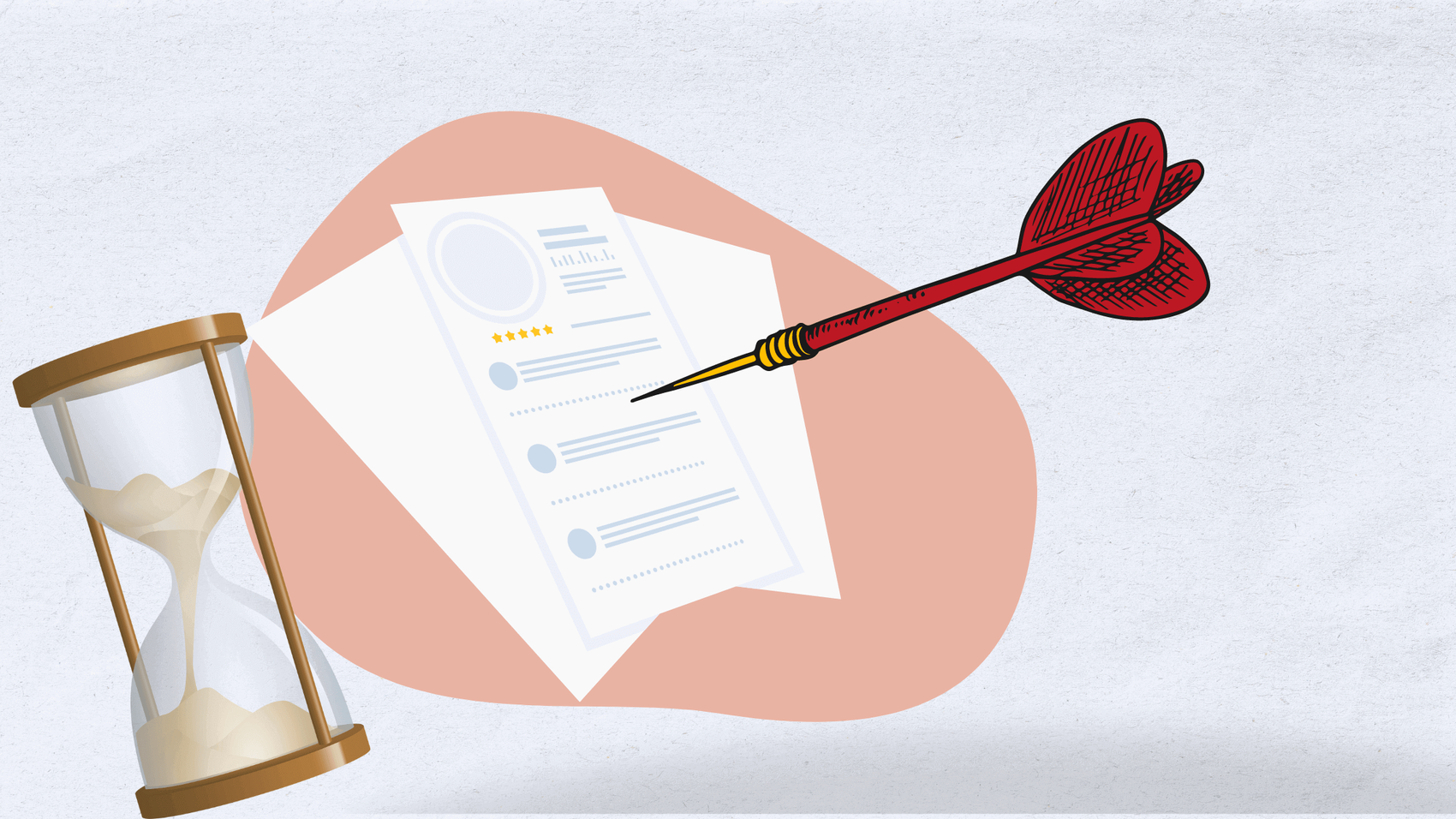 Employers carry a heavy load of responsibilities. Their minds are full. Their time is valuable. You can win their favor by saving them some time. First, organize. Use the preset categories on your resume template to group your skills, accomplishments, and education into comprehensive lists. Explain your previous job roles as concisely as possible. Check for spelling and grammar accuracy.
Employers carry a heavy load of responsibilities. Their minds are full. Their time is valuable. You can win their favor by saving them some time. First, organize. Use the preset categories on your resume template to group your skills, accomplishments, and education into comprehensive lists. Explain your previous job roles as concisely as possible. Check for spelling and grammar accuracy.
When your entire resume is organized and self-edited, pause. Don’t print yet! It’s time to trim! Read through the document one more time. Reduce the wording of any extra-long sentences or paragraphs. Double-check your word choices. Be sure you’ve included only the information that is pertinent to an employer.
Employers will scan your resume. They will not read it like a storybook. Because you know this, you can improve the impact of what their eyes catch by whittling your resume down to the most pertinent and insightful information. This way, as an employer scans your documents, whatever their eyes land on will be worthwhile to read!
Use an Editor
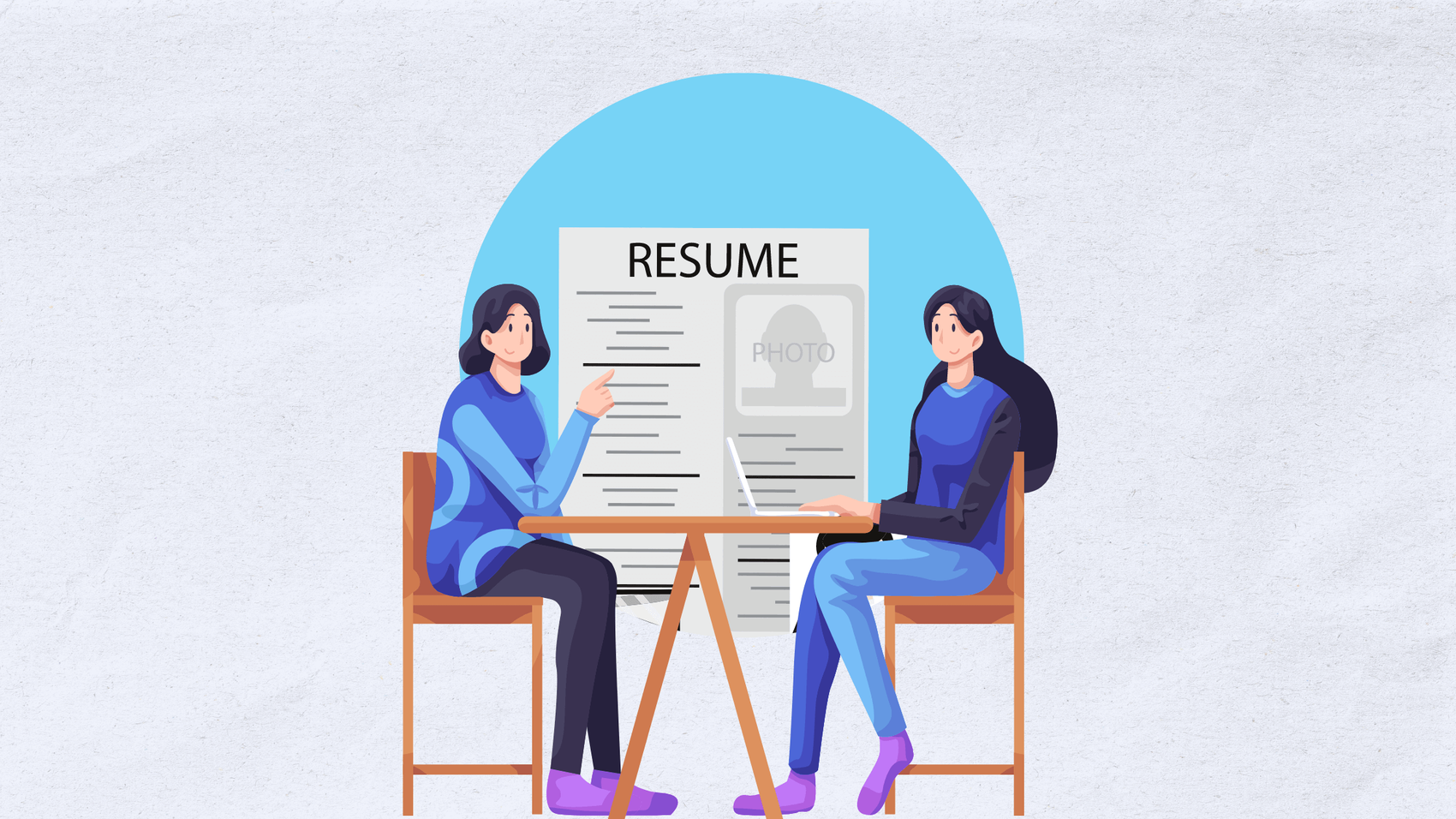 The final step: choose a friend who is good with words—someone who understands your field of experience. Ask this friend to proofread your resume. Fix any wording that they find confusing. Listen to their feedback about the way you’ve described your skills. Ask if they have suggestions about skills you should add or subtract.
The final step: choose a friend who is good with words—someone who understands your field of experience. Ask this friend to proofread your resume. Fix any wording that they find confusing. Listen to their feedback about the way you’ve described your skills. Ask if they have suggestions about skills you should add or subtract.
Two sets of eyes are always better than one. You’re not required to make the changes your friend suggests. Their eyes are simply a tool to help you understand how others interpret the words you have written.
Are your final edits completed? Congratulations! You are ready to take the world by storm!
Help, I Don’t Have a Computer!
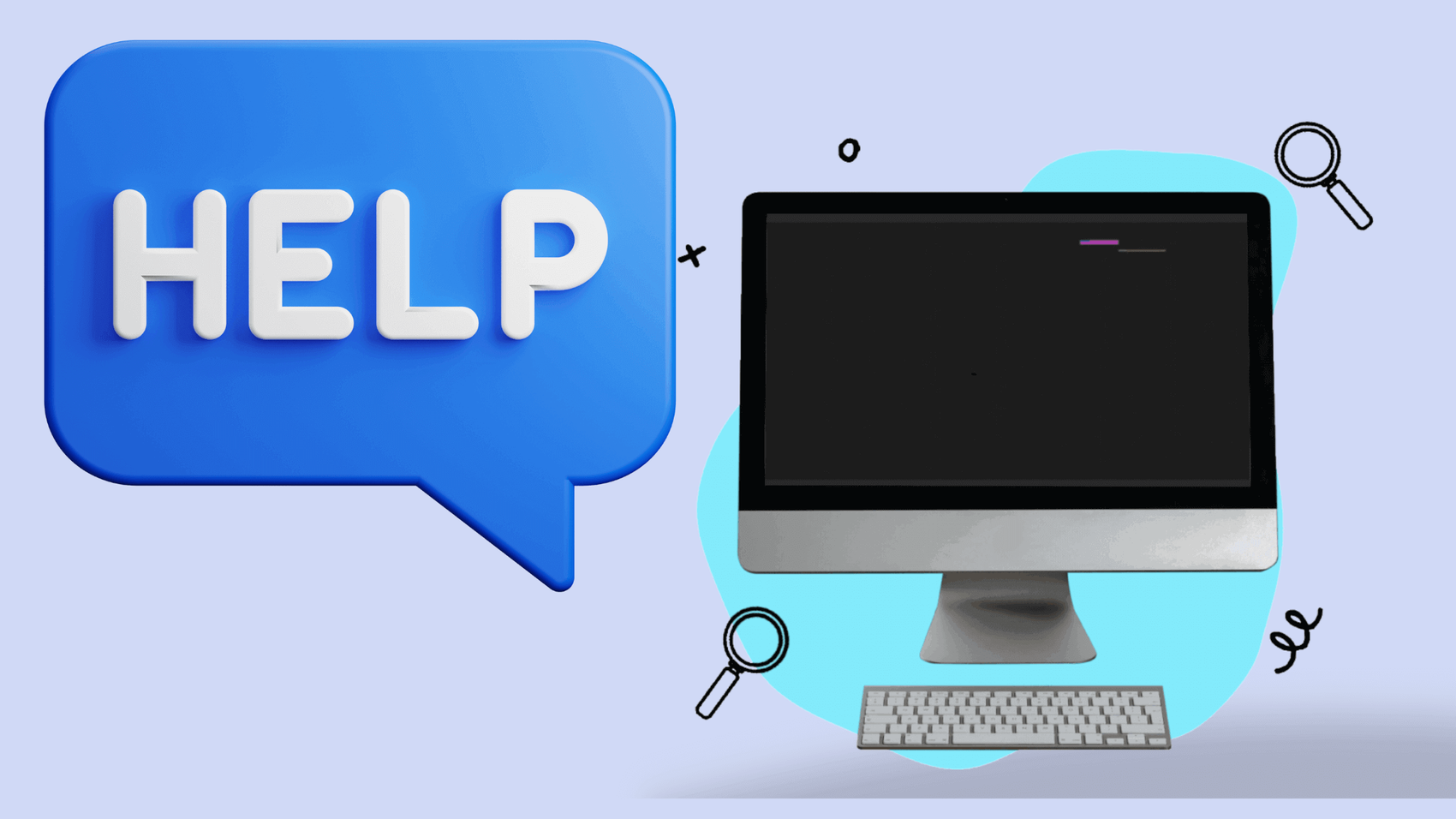 Don’t let a lack of resources delay you! If you can’t access Wi-Fi from home, opt to build your resume document on a public computer at your local library. At the library, you can download your resume to your thumb drive, email it, or upload it to your preferred online document storage. Libraries offer printing for a small fee. If you need to print your resume at a time when your library is closed, Staples and other office supply stores offer a self-service printing station. You’ll need to be able to access your document via your email, an online file, or via USB.
Don’t let a lack of resources delay you! If you can’t access Wi-Fi from home, opt to build your resume document on a public computer at your local library. At the library, you can download your resume to your thumb drive, email it, or upload it to your preferred online document storage. Libraries offer printing for a small fee. If you need to print your resume at a time when your library is closed, Staples and other office supply stores offer a self-service printing station. You’ll need to be able to access your document via your email, an online file, or via USB.
Are you ready to go print that document? Let’s do this!
